Deposit
Important source of bank credit funds.
Deposits are the most basic and essential financial act or activity and the most important source of bank credit funds. The depositor temporarily transfers or stores funds or money with a bank or other financial institution under the condition of retention of ownership.

Down payments are one of the most basic operations of a bank; without them, there would be no loans and no banks. Chronologically, down payments predate banks.
In China, during the Tang Dynasty, there was a bank store dedicated to receiving and keeping money, and depositors could pay with "stickers" or other check-like tokens.
In medieval Europe, money changers also accepted down payments from custodial customers who did not pay interest, the germ of the foreign bank down payments. The bank down payments business grew rapidly with the emergence of banks and other financial institutions.
A prepayment is a fee paid by one party to the other party to ensure that its conduct will not be detrimental to the interests of the other party and, if so, that it may be paid in full or otherwise compensated.
The down payments shall be refunded after the legal relationship between the parties no longer exists and there is no other dispute. However, in case of breach of contract, it will be deducted.
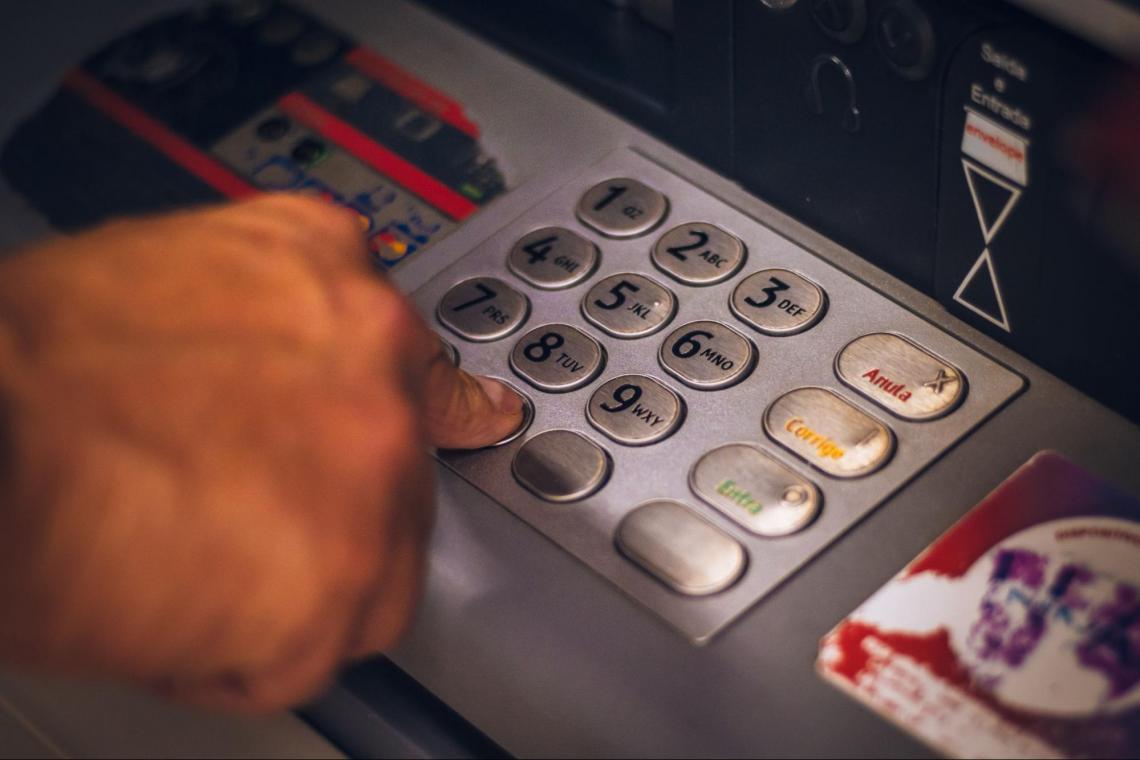
Ensuring that the delivery of the subject matter can be returned requires the other party to deliver a considerable amount of down payments.
In the case of a contract that can not be performed, forfeit the down payments as a settlement, reflecting the protection of the interests of the undelivered party.
A security deposit, in practice, is also known as a bond, risk collateral, etc. It is an agreement between the parties that the debtor or a third party will pay a certain amount to the creditor as security for the performance of the debt.
The down payments will be returned or credited when the debt is performed. If the debt is not fulfilled, the creditor must receive this amount.
The depositor who pays the down payments is usually the debtor or a third party. The person who receives the down payments is referred to as the creditor.
Basic meaning
Some people lodge thousands or even tens of thousands of dollars in demand for the convenience of withdrawals, which is certainly not advisable.
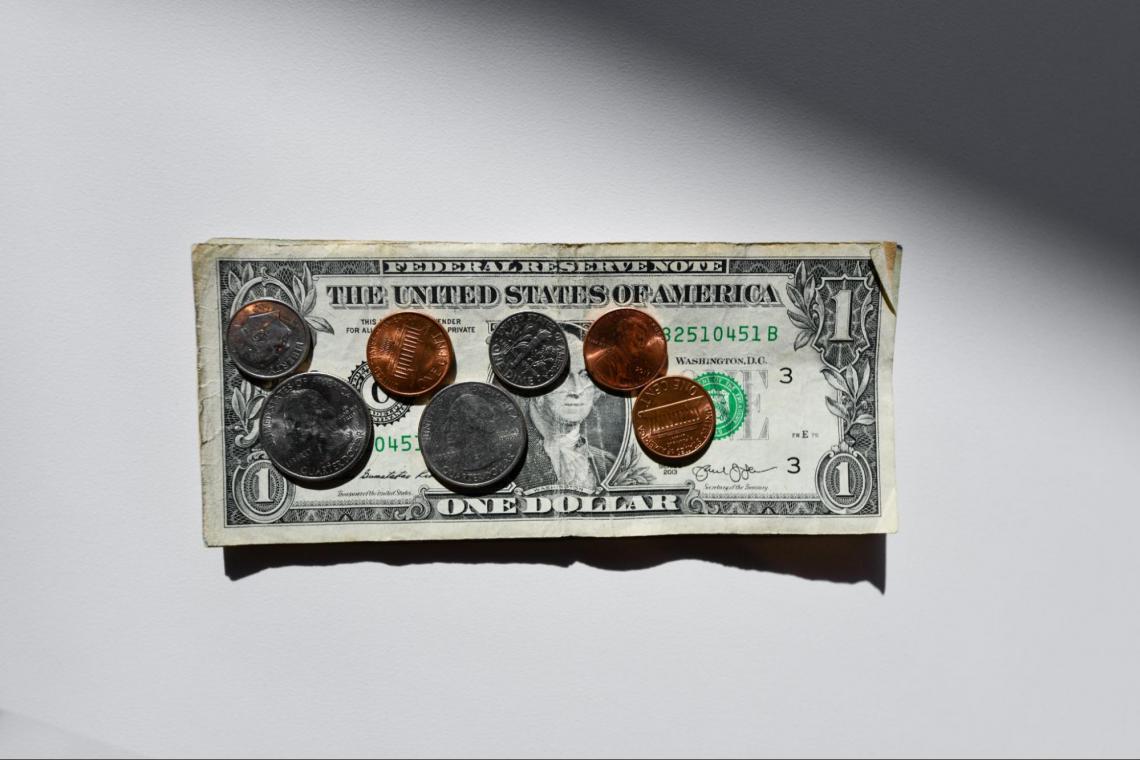
The interest rate on demand down payments is 0.36% per annum, 2.25% per annum for one year, 3.33% for three years, and 3.60% per annum for five years.
Taking 50,000 yuan as an example, after deducting interest tax, the three-year down payment interest is about 3024 yuan, and the five-year interest is about 5580 yuan.
If we calculate 50,000 yuan, the interest for one year is only 288 yuan, and even the three-year down payment interest is only about 1000 yuan.
As you can see, the same 50,000 yuan, the same down payment period but different down payment methods, three-year demand, and three-year fixed-term interest gap are still not small.
However, it is not the case that the longer the down payment period is, the better value it is.
Many people concentrate their large down payments on three-year and five-year periods to get more interest without carefully considering their expected usage time and blindly prepaying all their money in long periods.
If they need the money urgently, they withdraw it in advance, and the phenomenon of "the longer the down payments period, the greater the interest loss" appears.
In response to this situation, banks stipulate that the part withdrawn in advance will be calculated as interest on demand. However, the part not withdrawn in advance will still be calculated as interest at the original rate.
Therefore, individuals should choose the term and types of down payment according to their situations.

From the point of view of saving rates, it is advisable to choose short-term time prepayments.
On the one hand, the length of the down payment term has little impact on the interest rate, and the monthly difference between the one-year down payment rate and the five-year saving rate is only 0.675%.
On the other hand, the saving rate is already the lowest in history, and there is little room for another rate cut. On the other hand, short-term prepayments are highly liquid and can be rolled over immediately upon maturity.
When it comes to specifics, it is worth using a clever method. You can spend the rest of your family's money on time prepayments every year. At the end of the year, there are exactly 12 certificates of prepayments in hand.
That way, no matter which month you need the money urgently, you can take out the maturity prepayments for that month.
If you do not need the money, you can convert the maturity prepayments to one-year time prepayments and collect interest. This "snowball" method of saving money ensures no financial opportunities are lost.

Banks have introduced automatic rollover services. When saving, you should agree with your bank to make an automatic rollover.
On the other hand, if the interest rate drops shortly after the prepayments mature, interest will accrue at the adjusted rate if the prepayments are not automatically rolled over but at a higher rate before the adjustment if it is automatically rolled over.
If the interest rate increases after maturity, it can also be withdrawn and relodged.
Types
Bank savings are money lodged in banks and are a component of monetary funds.
According to the regulations, every enterprise must open a savings account with a bank or specialized bank for the prepayments, withdrawal, and settlement of transfers of the enterprise's monetary funds.

Except for a small amount of cash that can be kept within the specified limit, all must be stored in the bank. The bank prepayments of an enterprise mainly include prepayments in settlement accounts, letters of credit, foreign prepayments, etc.
The cashier is responsible for the receipt and payment of bank savings. Therefore, each bank storage receipt and expenditure operation must be prepared based on the original vouchers that have been reviewed.
It can be classified in different ways, such as actual and derived savings, according to how they are generated.
It can be divided into demand savings, time savings, and term savings, depending on the debtor; savings can be divided into unit savings and individual savings. Individual savings, or resident savings installments, are money stored in banks by individual residents.
Fixed Deposit
This is a type where the debtor can only withdraw the money on a specified date after the bond is made or must notify the bank a few days before he or she is ready to withdraw the money for a term ranging from 3 months to 5 or 10 years or longer.
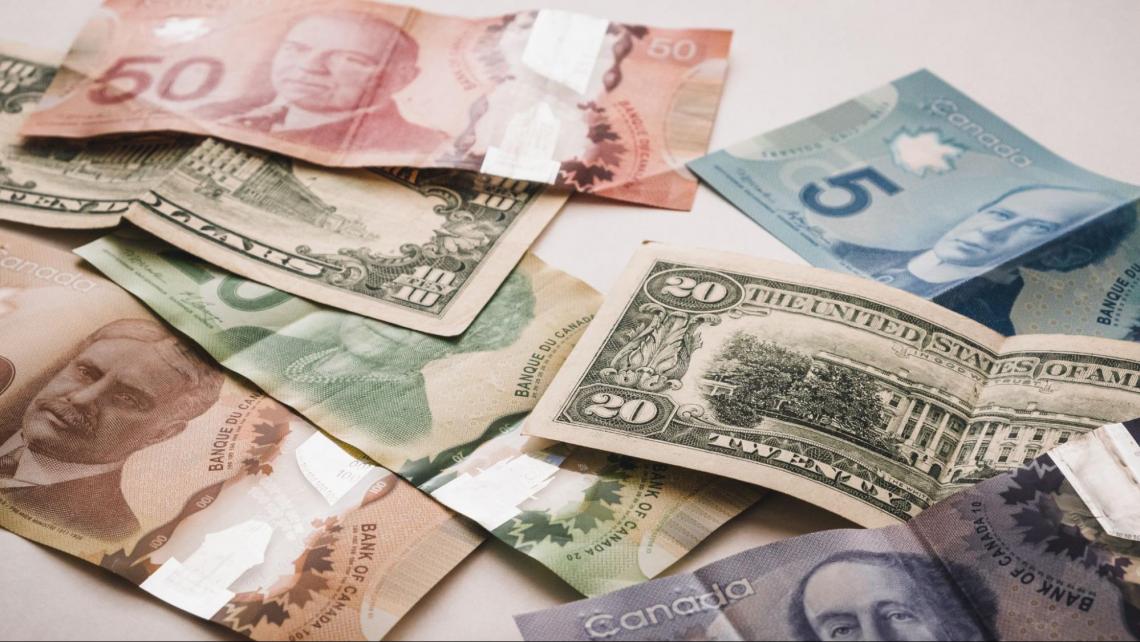
Generally, the longer the bond term, the higher the interest rate. Traditional time bonds are available in the form of certificates of savings and also in the form of passbooks, which are also known as passbook time savings.
The primary number of interest-bearing days is 90 days, and no interest is accrued below 90 days. Compared to demand savings, time savings have strong stability.
The operating costs are lower and commercial banks hold lower reserve ratios for this purpose. Therefore, the utilization rate of time savings tends to be higher than that of demand savings.
A time saving is a bond in which the bank and the debtor agree in advance on the term and interest rate of the saving and withdraw the principal and interest at maturity.
Time savings are used to settle or withdraw cash from time bond accounts. In addition, customers can make early or partial withdrawals if they need funds temporarily.
Demand Deposit
It is a type that can be acquired and transferred at any time without any prior notice and takes the form of checking saving accounts, certified checks, cashier's checks, traveler's checks, and letters of credit.
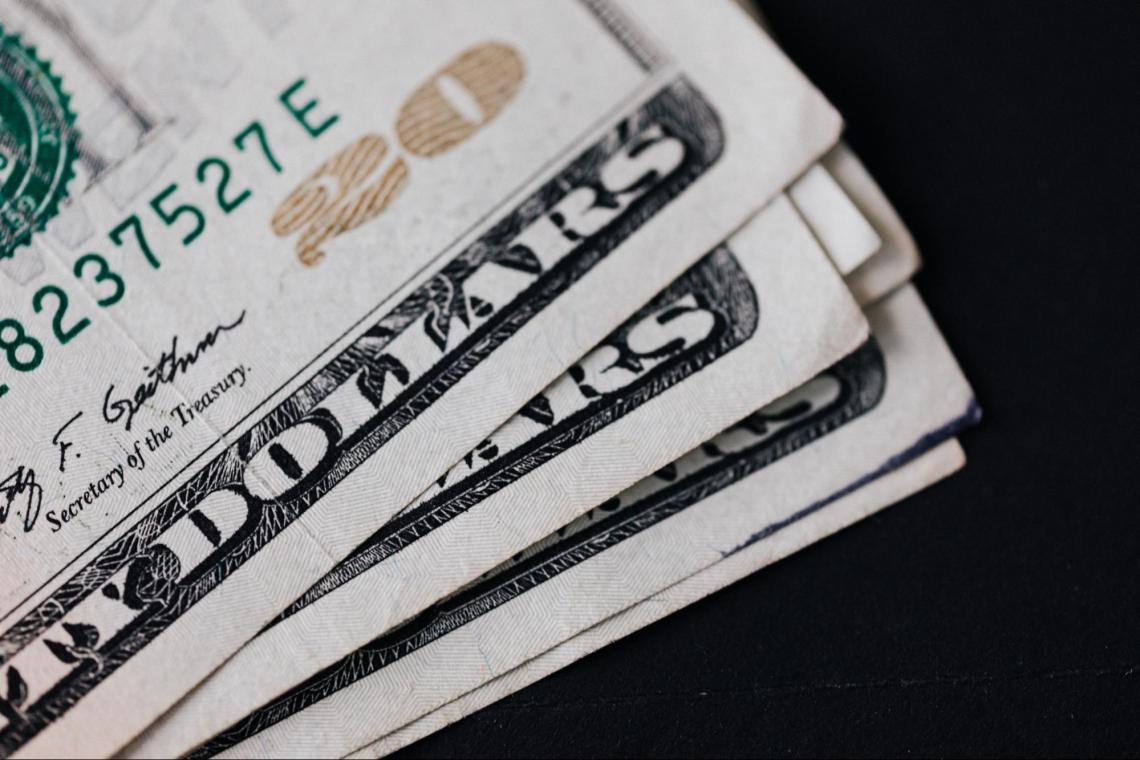
Demand savings represent the most significant part of a country's money supply and are an essential funding source for commercial banks.
Given that it not only has the function of a means of payment and money circulation but also has a strong derivative capacity. Therefore, commercial banks must always make demand savings the focus of their business.
However, as these storage are acquired more frequently, the procedures are more complicated, and the costs are higher. As a result, commercial banks in Western countries generally do not pay interest and sometimes even charge commissions.
Call Deposit
It is a type with no agreed period but requires advance notice to the bank for withdrawal and an agreed withdrawal date and amount before withdrawal.

Regardless of the actual saving period, there are two types of individual demand savings depending on the debtor's length of the bond period notified in advance: one-day notice savings and seven-day notice savings.
One-day call savings must be notified one day prior to the agreed withdrawal amount. In contrast, seven-day call installments must be notified seven days before the agreed withdrawal.
The minimum starting installment amount, minimum withdrawal amount, and minimum installment amount for the Renminbi Call installment are RMB 50,000. The minimum starting installment amount for foreign currency is USD 1,000, equivalent to foreign currency.
The currency of notice installment can be RMB, HKD, GBP, USD, JPY, EUR, CHF, AUD, or SGD. The interest rates for both RMB and foreign currency call installments are higher than the interest rates for demand savings, subject to the regulations of each bank.
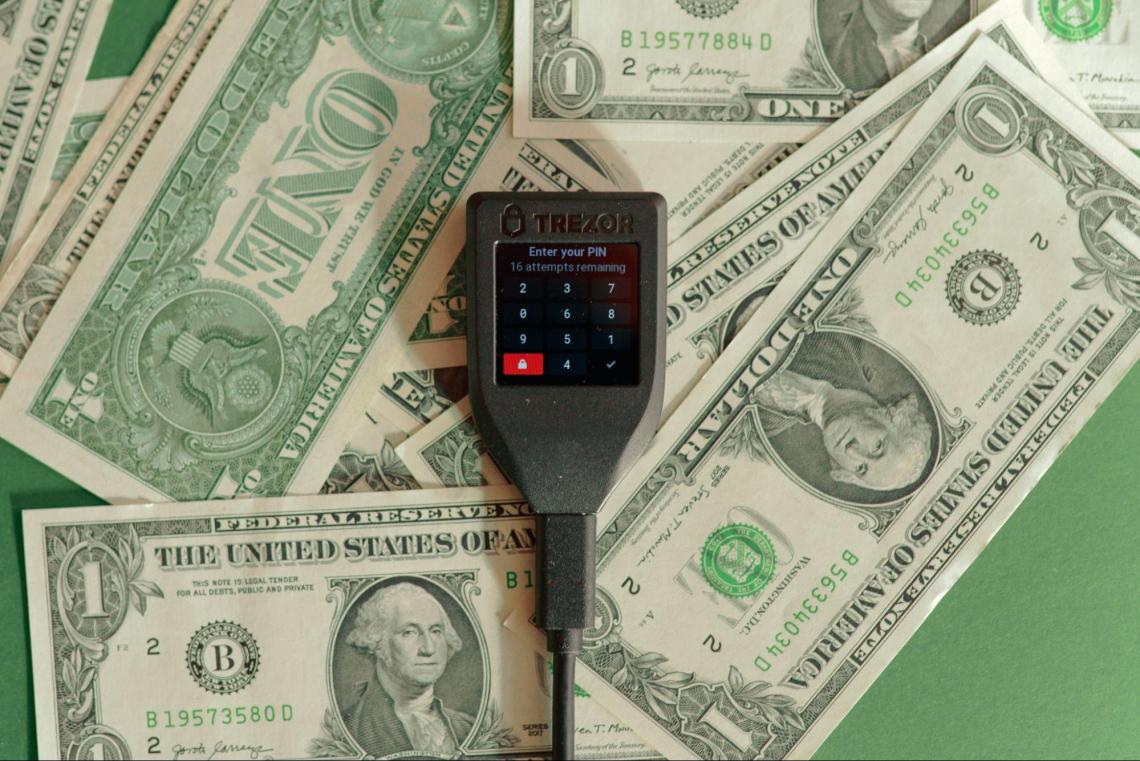
Unit deposit
These, also known as "public savings," are savings with banks and do not include individual installments. Unit installments include corporate, financial, capital construction, institutional, and troop savings.
1. Corporate Deposits
Money funds that are temporarily idle due to the inconsistent timing of sales revenue and expenses also include special funds that have been withdrawn but not used by the enterprise.
The most important of them is the depreciation funds of fixed assets, including retained profits.
Changes in the enterprise's savings depend on the scale of production, merchandise purchases and sales, and management of the enterprise.
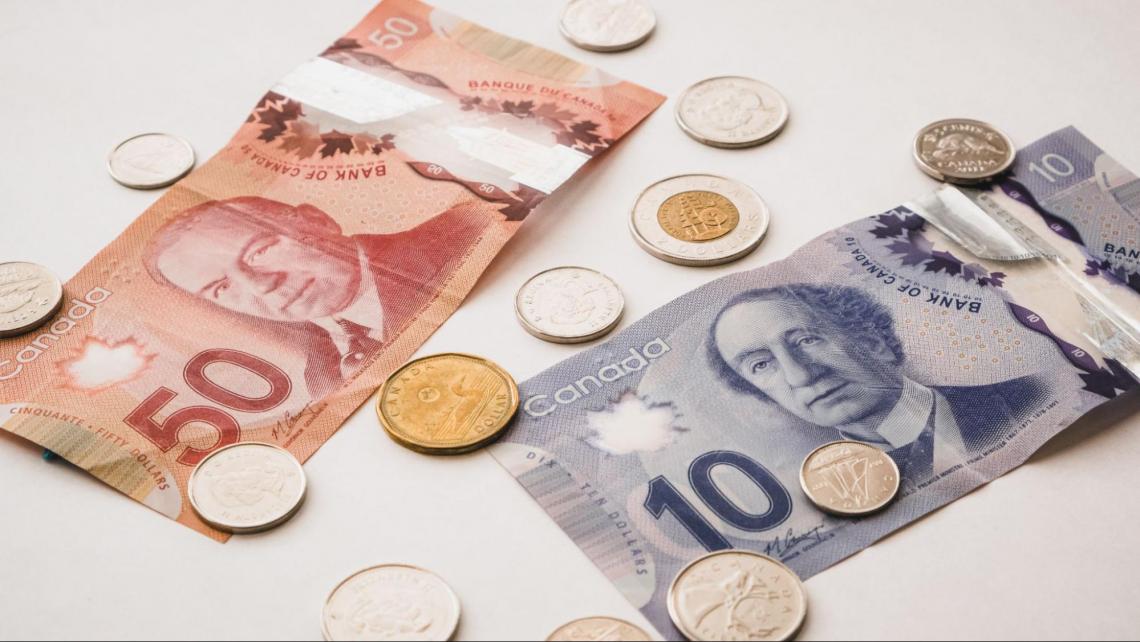
Enterprise prepayments increase when production or merchandise sales expand, and vice versa. When management improves and liquidity accelerates, enterprise savings decrease and vice versa.
Most corporate installments are demand savings, and only a few are time bonds.
2. Financial deposits
Banks act as treasury agents, and all fiscal receipts and expenditures must be processed through them.
Fiscal revenues and expenditures often do not coincide in time, and in the case of receipts followed by expenditures, temporarily unused funds form fiscal savings.
3. Capital Deposits
This is formed by funds used for capital construction and not yet spent.
4. Machine, group, and troop deposits
It is formed from unused funds obtained from the financial centralization of the aforementioned units.
New types of installments are emerging worldwide, such as negotiable large-time certificates of installment, negotiable payment order accounts, telephone transfer services, automatic transfer services, money market-saving accounts, and more.
FAQs
For the bank, the increase in savings in the individual's checking account is a liability recorded on the bank's books. Because the money does not belong to the bank, it is a debit to the individual.
The money in a bank account is a bond. These can create savings and can also generate additional interest for the individual. These are commonly divided into 2 types: demand and time.
Money received by policy from the government or any other source that is guaranteed to be repaid by the government, or money received from a local or statutory agency.
A sum of money paid when booking a room at a hotel or guesthouse is called a debit. This money is deducted from the final bill when the guest leaves.
Considering that the party who is not at fault may incur losses due to a breach of contract.
A portion of the payment is refundable unless expressly provided for in the contract. It is a guarantee of the parties' performance of the contract.




or Want to Sign up with your social account?